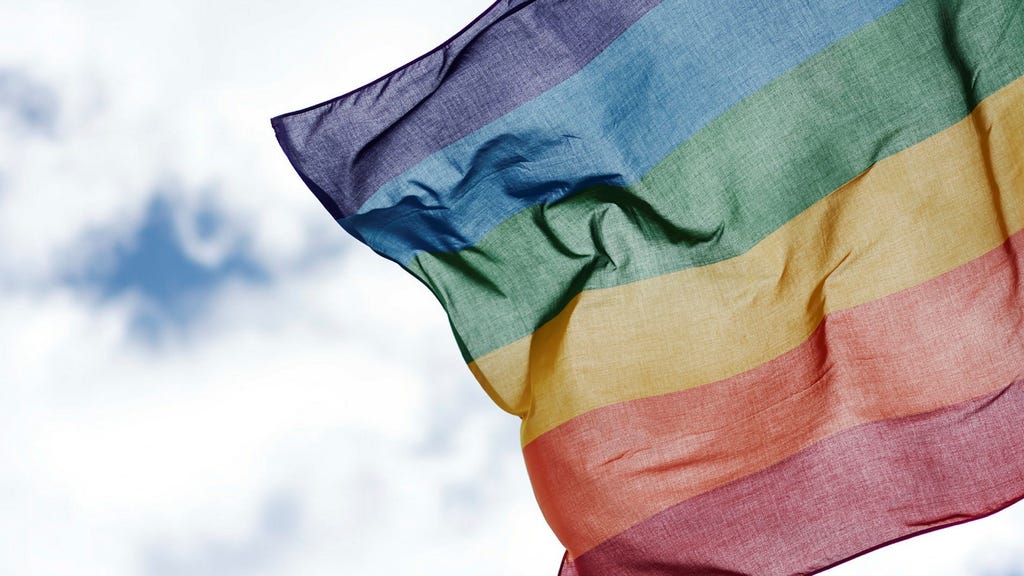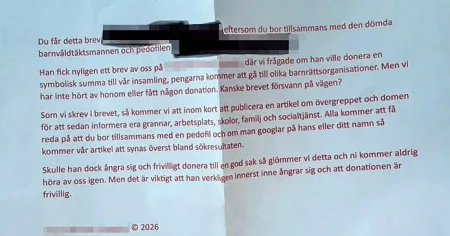The Swedish Migration Agency (Migrationsverket) has been under sustained criticism for its handling of asylum claims from LGBTQ+ individuals, specifically regarding the assessment of the credibility of their narratives. This critique, echoed in multiple reports by the Swedish Federation for Lesbian, Gay, Bisexual, Transgender, Queer and Intersex Rights (RFSL), culminates in a 2023 report declaring the Agency’s practices incompatible with both Swedish and international law. The core issue revolves around the Agency’s demand for specific emotions and reasoning related to the applicants’ sexuality or gender identity, effectively imposing a standardized emotional response on a diverse group of individuals, a practice deemed unreasonable by RFSL report author Aino Gröndahl. The severity of the situation prompted Gröndahl to advise LGBTQ+ asylum seekers to consider other countries, highlighting a deep concern over the fairness and efficacy of the Swedish system. This critique is further bolstered by the Swedish National Audit Office, which also condemned the Migration Agency’s handling of these cases.
Numerous LGBTQ+ individuals who have navigated the Swedish asylum system have shared their experiences with the unreasonable demands for intricate details and specific emotional expressions. Davita Nassuna’s case exemplifies these challenges. Facing deportation to Uganda, where homosexuality is criminalized, Nassuna’s asylum claim was deemed lacking in detail and conciseness, which negatively impacted her credibility assessment. She attributed this perceived deficiency to the anxiety and emotional distress caused by recounting traumatic experiences she had long suppressed. Forced to confront deeply personal and painful memories in a formal setting, without prior therapeutic support, compounded the difficulty of articulating her experiences. Despite the initial rejection, Nassuna was eventually granted residency in Sweden, underscoring the inconsistencies and potential injustices within the system.
The demand for highly specific emotional narratives not only places an undue burden on traumatized individuals but also reveals a fundamental misunderstanding of the complexities of human experience. Expecting a uniform emotional response from a diverse group facing persecution disregards the individual coping mechanisms and emotional processing unique to each person. Furthermore, the pressure to perform specific emotions can inadvertently create a situation where applicants feel compelled to exaggerate or fabricate details to meet the perceived expectations of the Agency, potentially undermining the genuine nature of their claims. This, in turn, can perpetuate a cycle of distrust and further marginalize vulnerable individuals seeking refuge.
The implications of these flawed assessment practices extend beyond individual cases. By creating an environment where LGBTQ+ asylum seekers feel misunderstood and disbelieved, Sweden risks failing to uphold its international obligations to protect vulnerable populations. The damage to Sweden’s reputation as a haven for human rights is also a significant concern, as the continued criticism from international organizations and human rights advocates casts a shadow on the country’s commitment to equality and protection. Furthermore, the emotional toll on individuals forced to relive traumatic experiences in a hostile and dismissive environment cannot be underestimated, potentially exacerbating existing mental health challenges and hindering their ability to integrate into Swedish society.
In a positive development, the European Union Agency for Asylum (EUAA) has introduced new guidelines aimed at improving the handling of LGBTQ+ asylum claims. These guidelines emphasize the importance of avoiding preconceived notions and stereotypes when assessing credibility, promoting a more nuanced and individualized approach. Rustem Yunusov, National Coordinator for LGBTQ+ issues at the Migration Agency, has welcomed the new guidelines, acknowledging their potential to mitigate the reliance on biased assumptions. The implementation of these guidelines in Sweden is scheduled for the following year, offering a glimmer of hope for a more just and equitable asylum process.
While the new EUAA guidelines represent a step towards reform, Aino Gröndahl expresses cautious optimism, emphasizing the need for tangible change after years of persistent criticism and documented shortcomings in the system. The repeated calls for reform highlighted in numerous reports underscore the urgency of addressing these systemic issues. The implementation of the new guidelines will be a crucial test of Sweden’s commitment to protecting the rights of LGBTQ+ asylum seekers and ensuring a fair and humane asylum process. The hope is that these changes will translate into a more just and compassionate system that prioritizes the individual experiences and vulnerabilities of those seeking refuge from persecution.














